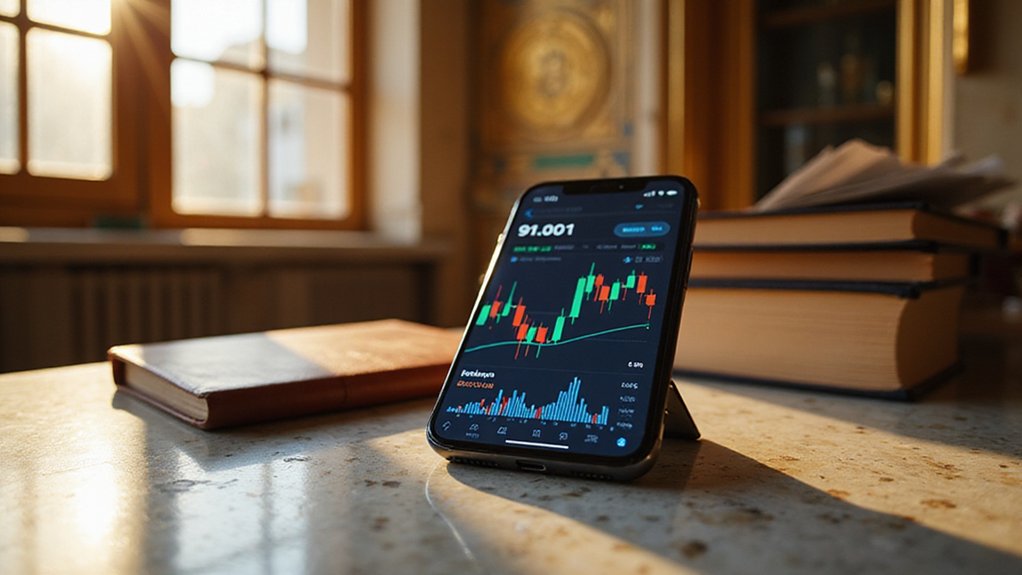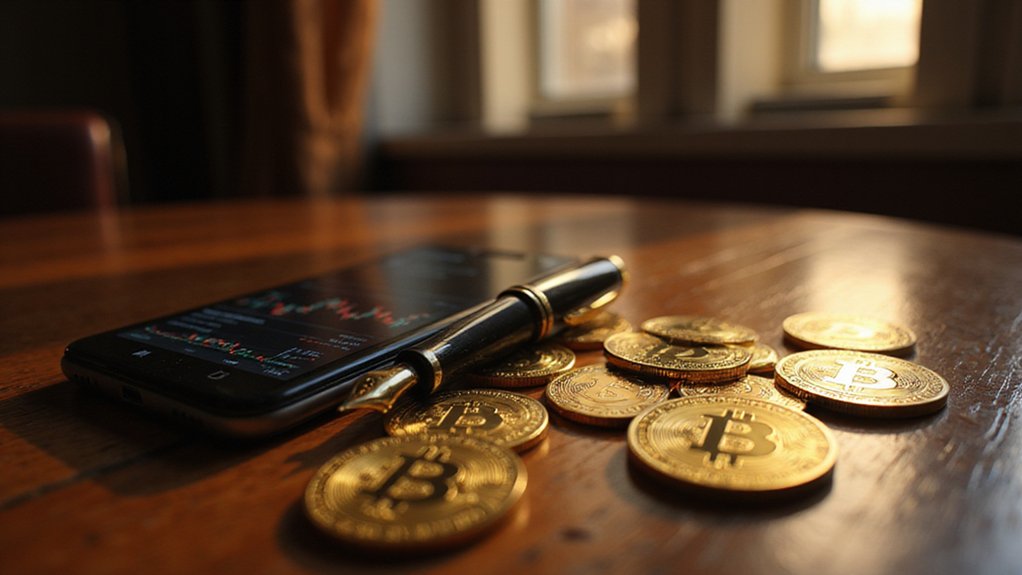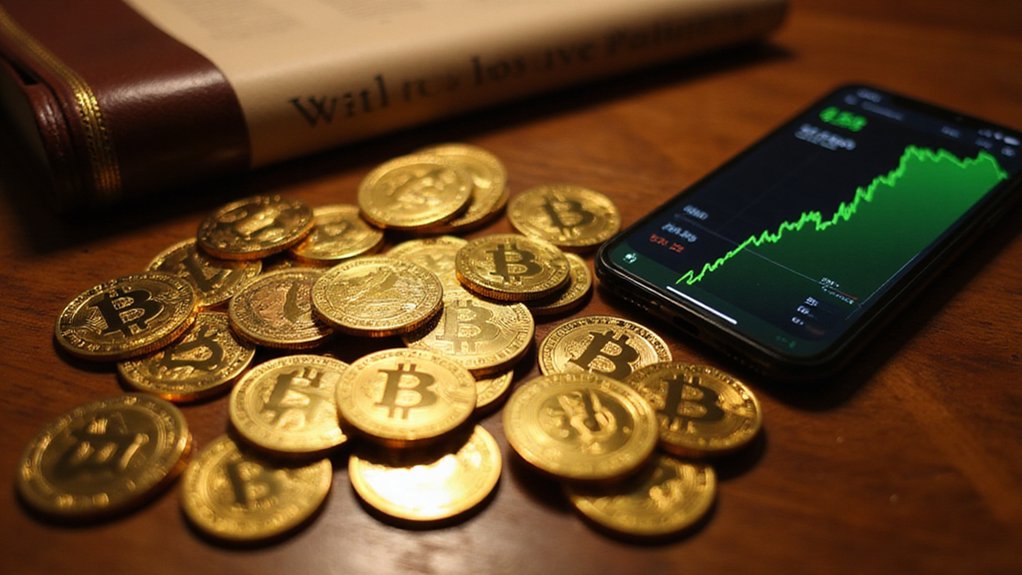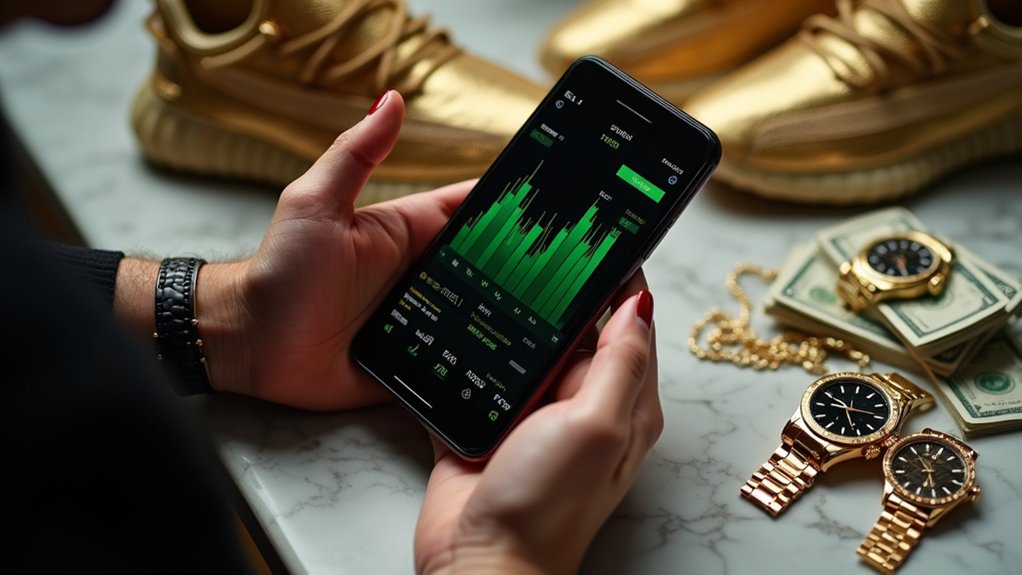Another major European bank has decided that cryptocurrency trading belongs alongside mortgage applications and checking account balances, as BBVA launched Bitcoin and Ethereum trading services for retail customers in Spain this July—a move that transforms the once-radical notion of digital assets into something as mundane as transferring funds between savings accounts.
The Spanish banking giant’s foray into retail crypto trading represents a calculated expansion of services that began with private banking clients in Switzerland back in 2021, then migrated to Turkey through subsidiary Garanti BBVA in 2023.
Now, armed with regulatory approval from Spain’s National Securities Market Commission (CNMV) and the protective umbrella of EU Markets in Crypto-Assets (MiCA) regulation, BBVA has democratized access to digital assets for its mass-market clientele.
Armed with regulatory approval and MiCA protection, BBVA has democratized digital asset access for mainstream banking customers.
The service integrates seamlessly into BBVA’s existing mobile banking infrastructure, allowing customers of legal age to buy, sell, and hold crypto assets within the familiar confines of their banking app.
This approach transforms cryptocurrency from an exotic investment requiring specialized platforms into another financial product nestled between loan applications and wire transfers—a normalization that would have seemed preposterous just five years ago.
BBVA’s strategic positioning reflects broader industry recognition that regulatory clarity has finally arrived in Europe, creating conditions where major financial institutions can offer crypto services without regulatory roulette. BBVA joins over eight financial institutions that have applied for virtual asset service provider registration in Spain, highlighting the competitive rush to capture this emerging market. The bank’s retail crypto launch mirrors a growing trend among major global banks, including JPMorgan Chase and Bank of America, who have developed their own crypto products to meet rising institutional demand.
The bank wisely sidesteps investment advisory responsibilities, allowing customers to navigate their digital asset decisions independently while providing the secure custody infrastructure that retail investors desperately need. Unlike decentralized finance platforms that operate without traditional intermediaries, BBVA’s approach maintains the protective oversight of traditional finance while offering digital asset access.
The timing appears prescient, as rising consumer demand for crypto products coincides with increasingly favorable regulatory environments across the EU and United States.
Banks that once viewed cryptocurrency as reputational kryptonite now scramble to capture market share in digital asset services, recognizing that client preferences have shifted irreversibly toward diversified investment opportunities.









